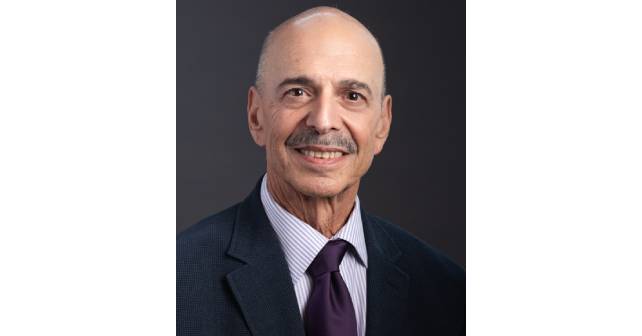
By some definitions, you could call former Maryland state legislator Dan Morhaim, MD, FACEP, a retired emergency physician. He thinks of it as “re-deployed.” Dr. Morhaim spent more than two decades in the Maryland House of Delegates, fighting for legislation to protect health care workers and patients before his final legislative term ended in 2019. His health care focus included hospital efficiency, physician and patient satisfaction, and emergency department (ED) wait times, as well as a host of nonhealth issues.
Explore This Issue
ACEP Now: Vol 43 – No 12 – December 2024Today, Dr. Morhaim is donating his time to a recently established Maryland commission focused on ED wait times.
The ED Wait Time Reduction Commission took effect in July and will spend three years developing relevant strategies and initiatives to recommend to state and local agencies, hospitals, and health care professionals. Recommendations should address factors throughout the health care system that contribute to increased ED wait times.
Dr. Morhaim is also serving a four-year term on the Maryland Behavioral Health Advisory Council, a group that works to enhance behavioral health services statewide.
“Maryland, like most states, has an ER wait time problem,” Dr. Morhaim said. “We’ve had kids and adolescents, often with mental health issues, spending days or even weeks in an ER waiting for placement. There was a work group a couple of years ago that didn’t accomplish much, so the legislature enacted legislation creating this commission. There are two ER doctors, and 11 other people are involved. We have a fair amount of power to demand data that could lead to real solutions—instead of working with Band-Aid fixes.”
Passion for Policy
Dr. Morhaim said he never would have predicted such a lengthy career in public policy after serving clinically from 1981 to 1994 as chair of the Department of Emergency Medicine at Franklin Square Hospital in Baltimore. But then, he never really saw himself becoming an ED doctor either. That changed when, as a college student, he joined a friend on a volunteer shift at Highland Hospital in Oakland, Calif. That shift led to medical school, and that led to board certification in emergency medicine and internal medicine.
His passion for policy stems from his clinical work and seeing numerous social issues in the patients he treated. Much of what Dr. Morhaim encountered in the ED, from end-of-life crises to preventable health conditions, was exacerbated by social factors like poverty, addiction, and lack of preventative care.
His path toward state legislative work was set. Dr. Morhaim ran for and won a seat in the Maryland House of Delegates. He campaigned with humor and creativity, handing out Band-Aid packs and likening himself to “George Clooney making a house call” when introducing himself as an ED doctor at voters’ doorsteps. He got to be known as “Dr. Dan.”
The effort paid off. Dr. Morhaim was elected for six terms, giving him 24 years to advocate for policy reforms that addressed the systemic issues he observed in the ED.
Citizen Legislator

Dan Morhaim, MD, FACEP, speaks at a meeting of the Maryland House of Delegates. Dr. Morhaim has been assigned to a state commission to address emergency department wait times. (Click to enlarge.)
Maryland, like most states, is a citizen legislature. Dr. Morhaim was a full-time legislator during the annual legislative session from January to early April, then returned to doing ED shifts for the rest of the year. What he saw in those ED months helped shape part of his legislative agenda for the upcoming session.
In his legislative role, Dr. Morhaim was a champion for drug treatment programs, health equity, and safety measures. He also worked on bills aimed at improving quality of life for seniors and environmental sustainability initiatives such as recycling. Dr. Morhaim has continued to write and advocate on health care issues, publishing books and articles on topics like end-of-life care. His clinical role continues as a medical director for ambulance companies, a volunteer physician with Remote Area Medical, and as faculty at George Washington University.
“People spend a lot of time paying attention to national politics, but it’s state legislatures that decide most health care policy, such as whether states participate in Medicaid expansion, for example,” Dr. Morhaim said. “Issues include scope of practice, payment, insurance, regulation, let alone education, traffic, public safety—states are really where the action is and where you can make a difference.”
Mr. Scheid is ACEP’s Communications Director.
Pages: 1 2 | Multi-Page





No Responses to “Retired Maryland Emergency Physician Is Still in the Fight”